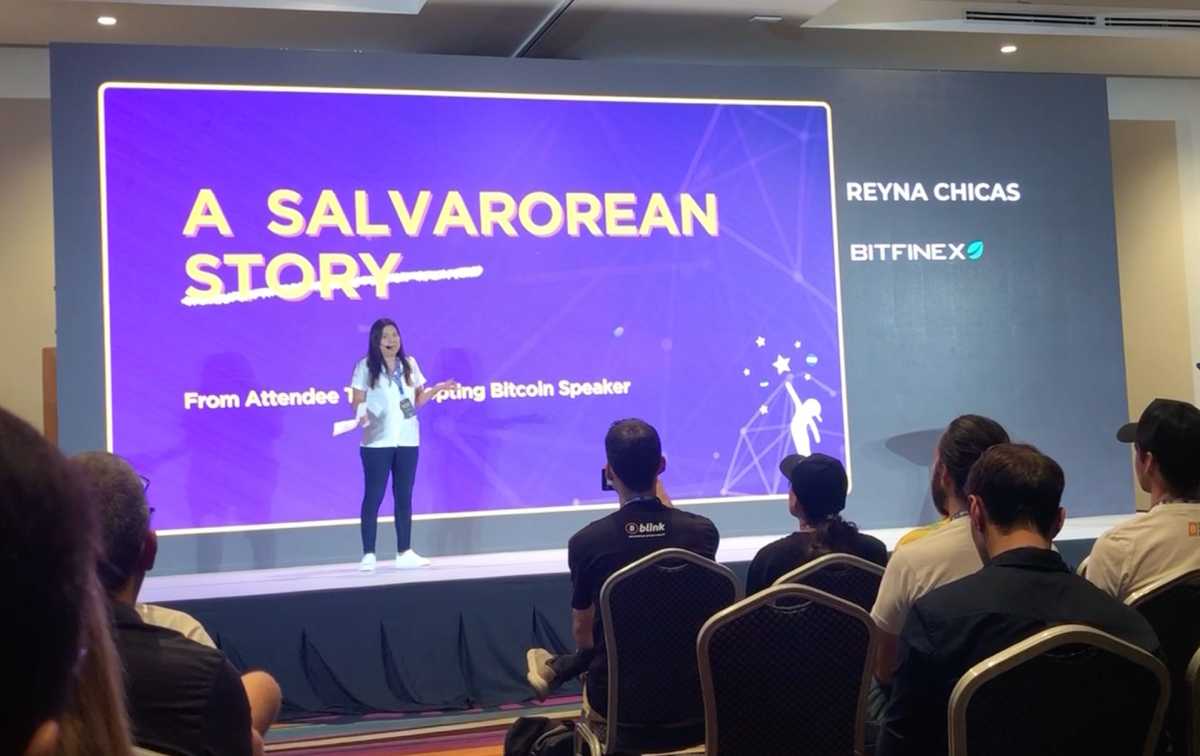Lessons from the Fall of Charlie Shrem: Bitcoin’s First Felon


Charlie Shrem, once a rising star in the Bitcoin world, has become the first prominent figure to be jailed on cryptocurrency-related charges. As the founder of BitInstant, one of the earliest and most influential Bitcoin exchanges, Shrem played a pivotal role in the early adoption of Bitcoin. But his arrest in 2014 on money laundering charges related to Silk Road transactions was a major turning point.
The Rise of BitInstant
Charlie Shrem discovered Bitcoin during his senior year of college and quickly realized its potential as a revolutionary form of money that promised personal freedom, autonomy, and privacy. In 2011, he co-founded BitInstant with Gareth Nelson to create a platform to make it easier for people to buy and sell Bitcoin at a time when trading was incredibly difficult. Within a year, BitInstant had partnered with major retailers like Walmart and 7-Eleven to allow users to deposit cash into their accounts at more than 700,000 locations around the world, accounting for nearly one-third of all Bitcoin transactions. promoted.
Fall: The Silk Road and Legal Issues
BitInstant’s rapid growth and success came to a halt when a user of the platform, Robert Faiella, was found to be buying large quantities of Bitcoin for cash and selling them on Silk Road, an online black market notorious for drug trafficking. Although Shrem was not directly involved in illegal activities, he was arrested at JFK Airport for failing to report these suspicious transactions. In January 2014, Shrem was indicted on charges of aiding and abetting operating an unlicensed money transfer business and was sentenced to one year in prison.
Lesson
Shrem’s downfall highlights the reality that, regardless of Bitcoin’s ethos of decentralization and financial freedom, the cryptocurrency space is not immune from existing regulatory frameworks. Although Bitcoin’s fundamental principles advocate autonomy and privacy, companies operating in this space must be aware of and navigate the stringent regulations that govern financial activity. This story serves as a warning about the potential dangers that can arise from government intervention and excessive regulation. This highlights the need for the Bitcoin community to protect the industry from policymakers seeking to impose restrictions. The key lesson is to be vigilant and proactive in defending Bitcoin’s fundamental ideals against regulatory pressures that could stifle innovation and freedom.
Charlie Schrem’s journey from pioneering Bitcoin entrepreneur to convicted felon is a stark reminder of the challenges and dangers inherent in the world of cryptocurrency. His story highlights the importance of regulatory compliance and the ongoing need to navigate a complex legal environment. As the Bitcoin industry continues to evolve, the lessons learned from Shrem’s experience remain relevant and highlight the need for vigilance, advocacy, and commitment to upholding the principles of decentralization and financial freedom.
Resilience and Vision: Insights from Obi Nwosu
In the “Bitcoin Backstage” interview, Obi Nwosu, co-founder of Fedimint, shared his journey and vision for Bitcoin. Nwosu discovered Bitcoin in 2011, combining his technology background with his passion for meritocracy. “It was like a match made in heaven,” he recalls, emphasizing how Bitcoin’s principles aligned with his own values.
His life, characterized by resilience, reflects Bitcoin’s anti-vulnerability capabilities. “My life is basically the story of becoming anti-fragile, falling down several times, but learning the skills to get back up again.” Nwosu draws parallels between his own personal journey and Bitcoin’s resilience. “Bitcoin is a fragile currency. “Every time I get hit, I get stronger, better, and faster.”
Looking back on FTX’s collapse, Nwosu sees short-term negatives but highlights the long-term benefits. “It reminds people why we say what we do, especially in the Bitcoin space. We’ve been very consistent. You should try to get your own custody.” The motto “It’s not a key or a coin” remains key and emphasizes the importance of security and personal responsibility.
Going forward, Nwosu will advocate for innovation within the Bitcoin ecosystem, advocating for application development on platforms such as Lightning Network and Fedimint. His vision is clear. By sticking to its fundamental principles and fostering resilience, Bitcoin can continue to grow and transform the financial landscape.
Nwosu’s story and insights offer a hopeful vision for Bitcoin’s future, emphasizing the resilience, self-management, and continuous innovation essential to navigating the complexities of the modern financial world.


